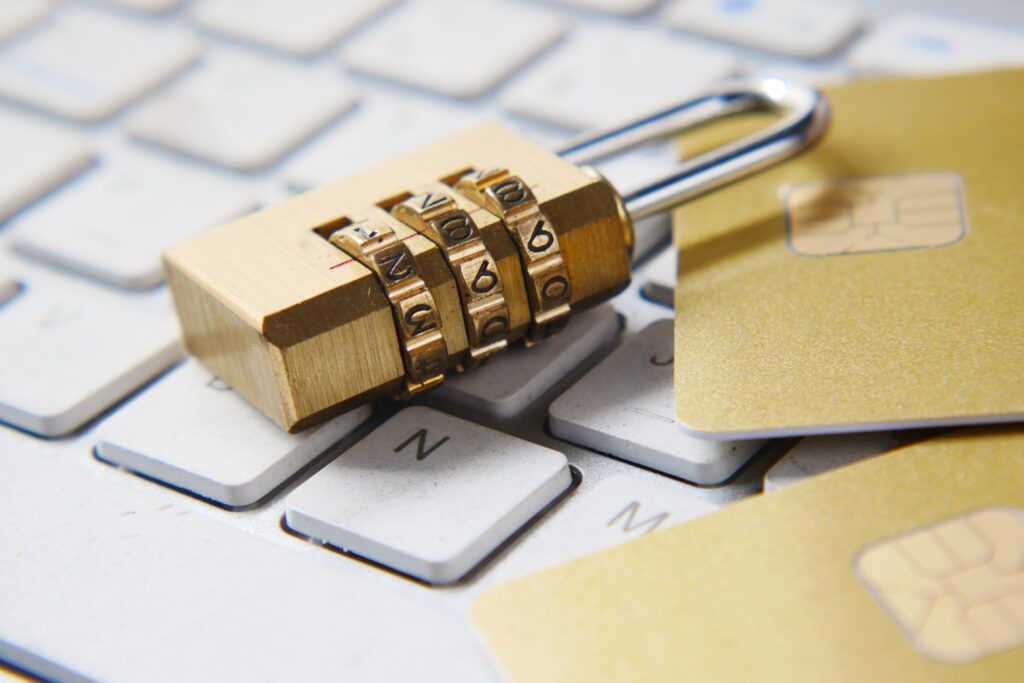The advent of contact-tracing applications, born from the need to curb the spread of Covid-19, encountered a sea of doubt and suspicion. Concerns about the potential enduring privacy ramifications lingered among many, questioning the long-term implications.

Individuals retain the choice to abstain from contact-tracing applications if they perceive a threat to their privacy. However, for those toiling in factories and warehouses, the luxury of choice is often absent. A surge of novel social-distance monitoring and worker-interaction tools is weaving into the professional tapestry, with employees facing the decision to opt in or risk the peril of job loss.
Navigating the Shift: Workplace RFID Tracing Transcends Objects to Embrace Humanity
Companies like Radiant RFID, rooted in Austin, Texas, have metamorphosed their business strategies in response to the new norms ushered in by the pandemic. Formerly dedicated to tagging enterprise assets like machinery, Radiant RFID now extends its prowess in contact tracing to human interactions. The shift caters to diverse industries, offering “return-to-work strategies” for automotive, aerospace, agricultural, CPG, entertainment, healthcare, manufacturing, oil and gas, and pharmaceutical sectors.
Radiant RFID’s smartwatch tracks nearby devices, alerting a cloud database if it senses a strong signal for over 15 minutes, cutting employee interactions by 65% in one week. It promotes social distancing with automatic alerts and sends anonymous interaction data to a management dashboard for contact tracing.
Beyond Boundaries: Bluetooth, Temperature Sensors, and the Expanding Horizon
Radiant RFID’s innovation has garnered attention, with notable clients like the Ford Motor Company acquiring over 10,000 of their smartwatches in the U.S. The demand has outpaced supply, underscoring the urgency of such solutions.
Zebra, a global RFID giant, presents a MotionWorks Proximity Solution akin to Radiant’s approach. Bluetooth beacons adorn workers’ uniforms, tracked through smartphone apps, offering reports on employee proximities and sending timely notifications.
Thermal imaging has become a key weapon in the fight against Covid-19. Industry leaders Flir and Optris predict the market will grow to 4.6 billion USD by 2025, as thermal cameras offer precise body temperature measurements and early signs of infection.
Navigating the Uncharted: Privacy Concerns Amidst Technological Vigilance
Advanced tools like interaction tracers and body-temperature sensors protect workplaces from Covid-19 but gather significant personal health information, posing challenges in data oversight and usage.
In a post-pandemic future, companies might continue tracking workers using alerts for regular contact, and thermal heatmaps to monitor desk usage and productivity. Smartwatches tracking heart rates and movements could become compulsory.
Share your insights: Has your company delved into workplace contact tracing? Enlighten us in the comments. 🌐
